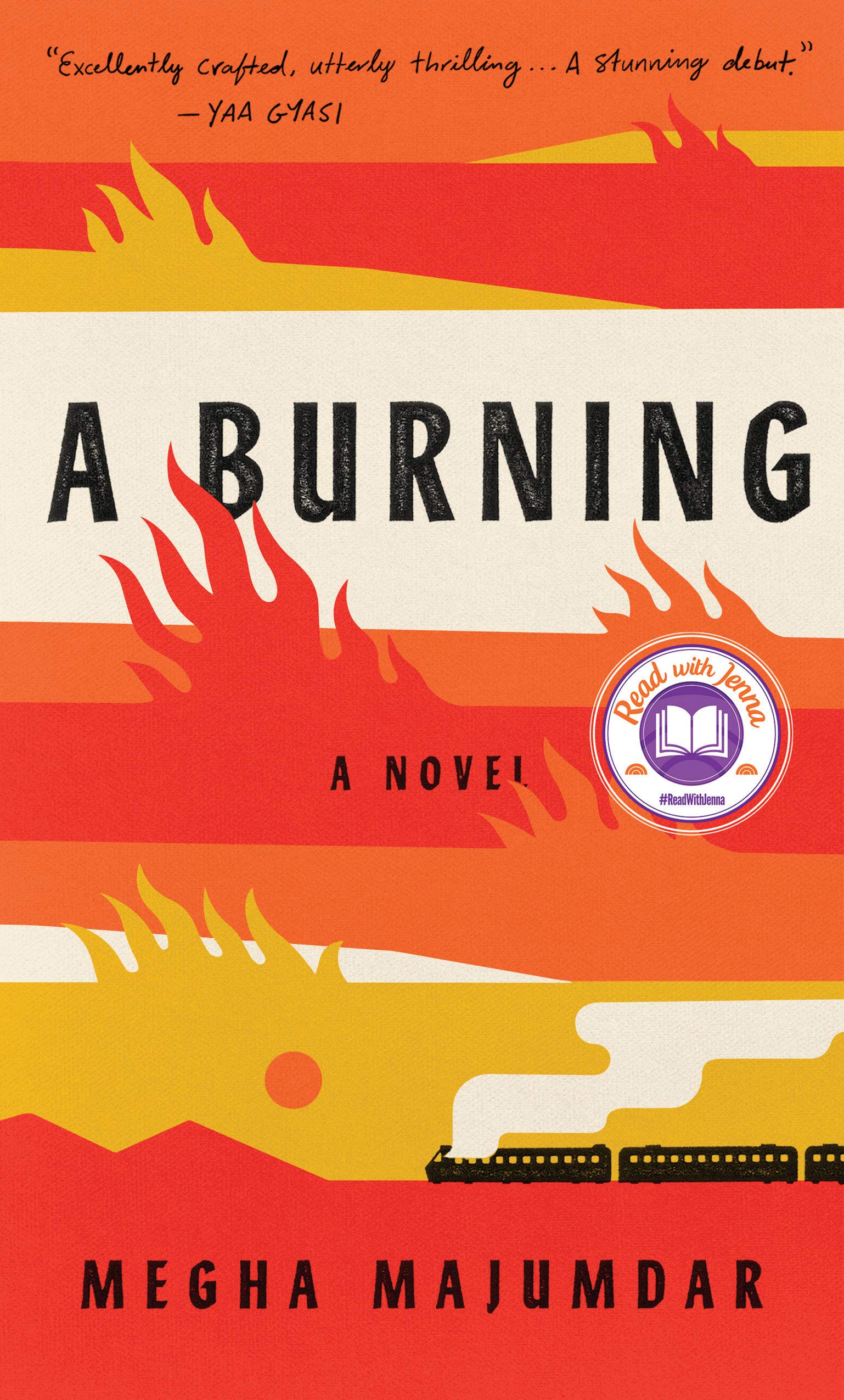NBCC members: If you’d like to contribute a review of an eligible book for the 2020 Leonard Prize, write to NBCC board member Megan Labrise at labrise@gmail.com. Read the rest of the reviews here.
A Burning by Megha Majumdar (Knopf)
John Stuart Mill said, “Bad men need nothing more to compass their ends, than that good men should look on and do nothing.” Sometimes what disturbs is less that evil and corruption exist, since they’ve always existed in society to varying degrees, than that ordinary people accept them, do not forcefully reject them. Megha Majumdar’s astute debut novel A Burning is informed by a startling awareness of this.
The novel is told from multiple points of view, first-person and close third, each entirely believable. Together, these perspectives orchestrate a consideration of a society riven by identity, apathy, and corruption. The novel opens with Jivan, a poor, young Muslim girl in Kolkata, whose offhand, online remark about a terrorist attack on a train pulls her into a police investigation. The government is far less concerned with justice than manipulating and controlling public perception. Jivan finds herself in jail, where she discovers that, “Even the meaning of “prison” is different for rich people. Can you blame me for wanting, so much, to be—not even rich, just middle class?”
Jivan’s old physical education teacher PT Sir betrays her in the service of his own over-weening political ambition: “His nerves thrum. His life is just the same, and yet this proximity to disaster electrifies PT Sir. Now he knows, there was something wrong with Jivan the whole time.” And Lovely, the hijra Jivan was tutoring, has long understood cruelty: “But now I am knowing that there is no use asking these questions. In life, many things are happening for no reason at all. You might be begging on the train and getting acid thrown on your face.” She testifies on Jivan’s behalf, but finds herself laughed out of the courtroom and called unpatriotic in the newspapers. Caught up in her dreams of stardom, she lets go of the injustice and ignores her shame, thinking, “In fact, this heart is reminding in my chest, you are not even her family.”
Other voices who speak in “interludes” round out our understanding of the tragedy. What Majumdar does so brilliantly is to bring us fully into the minds of her different characters. She voices perspectives without ham-fisted explanations. We are submerged in the reality of each point-of-view character and pulled along by the story’s urgency. We are with them, inside their experiences. Majumdar’s writing possesses the direct clarity of oratory, and her debut leaves one marveling how a writer could know so much of human nature and how society works and bring all of that insight to the page with such gripping intensity. Safe to say, Majumdar is a magician. And A Burning, while devastating, possesses an unusual sort of magic.


